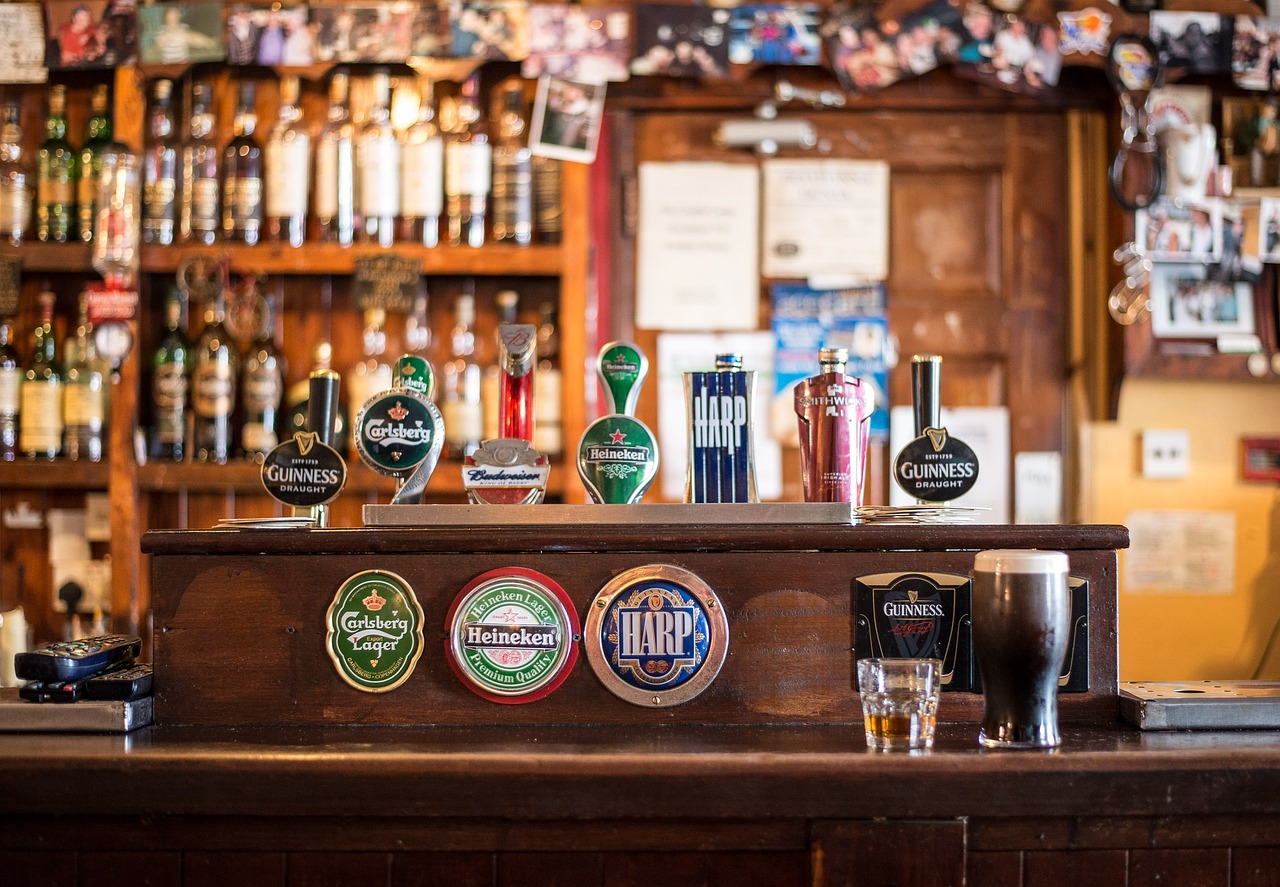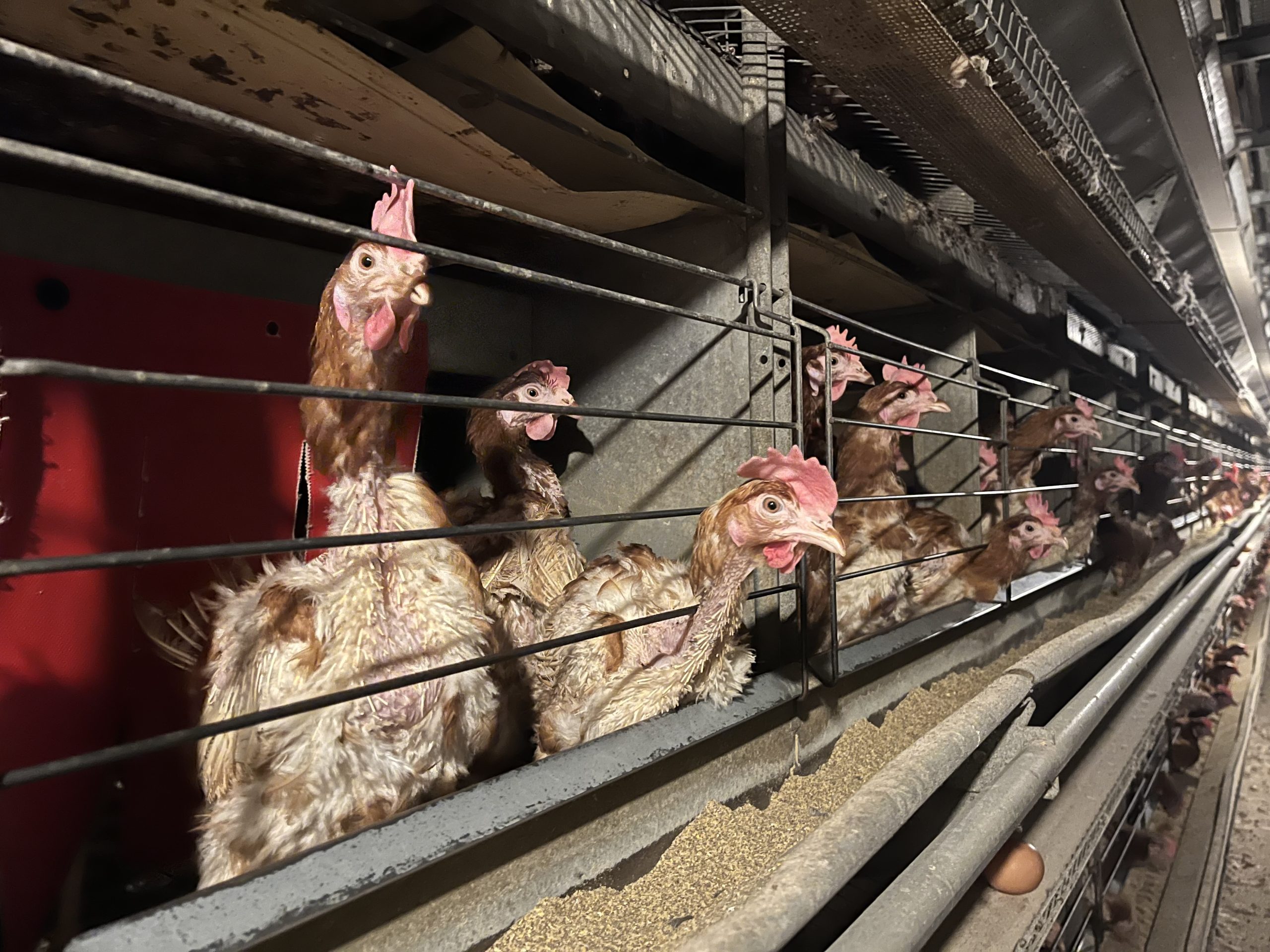Local pubs, often considered the heartbeats of their communities, are in dire need of government support through tax rebates to preserve their status as crucial social hubs, according to a report released today by the think-tank Localis.
The report, titled “Inn-Valuable: Unlocking the Socio-Economic Potential of Our Nation’s Pubs,” not only calls for tax relief but also recommends the reinstatement of a dedicated Minister for Pubs role to coordinate comprehensive assistance for the struggling pub sector. These recommendations come as the report highlights the pubs’ significant role, supporting 936,000 jobs, contributing £28 billion to the economy in Gross Value Added (GVA), and generating £15 billion in tax revenue annually.
A YouGov poll conducted for the report underscores the importance of local pubs in British communities. An astounding 75 percent of respondents expressed a positive perception of pubs’ impact on community life. Moreover, 81 percent agreed that pubs played a vital role in bringing people together.
The report’s polling data further revealed that 68 percent of British adults believed that pubs helped combat loneliness in their local areas. Among the community-focused activities supported by local pubs, 44 percent of respondents were aware of pub events that brought communities together, 25 percent knew of pubs supporting charitable causes, and 17 percent were aware of pubs aiding vulnerable populations in their areas.
Drawing from case studies across the country, the report identified several key themes illustrating how pubs support local people and communities. These themes include combating isolation, supporting local causes, reflecting local culture, bringing local businesses together, and fostering community connections across generations.
Notably, the report highlighted that more than half of the population (51 percent) had met a friend at a pub in the last three months. Additionally, 37 percent had visited a pub to meet with family, 25 percent had enjoyed Sunday lunch at a pub, and 10 percent had attended a birthday party hosted at a pub. Six percent of respondents even used pubs for dating purposes, while 13 percent watched sporting events at their local establishments.
One of the key recommendations in the report calls for the reinstatement of a Minister for Pubs position. This minister would lead a cross-government taskforce responsible for formulating a long-term strategy for the British pub sector. The role would also oversee assistance with tax and regulation while establishing an emergency fund for energy bill support.
The report’s authors also advocate for business rates rebates for pubs that take on socially valuable roles, such as supporting food banks or providing warm spaces for vulnerable individuals. They propose a modest £4 million fund to help 1,000 pubs diversify, amounting to just £4,000 per pub.
Joe Fyans, Head of Research at Localis, emphasized the integral role of pubs in British society, stating, “Pubs are the beating heart of many communities, playing multifaceted roles in local daily life. This is why the decline of pubs is cause for great concern. With each closure, both tangible and intangible voids are left behind.”
Emma McClarkin, Chief Executive of the British Beer and Pub Association, echoed these sentiments, stating, “Pubs provide solace to people in tough times and a place to celebrate in others, and to lose them would have a serious impact on people’s lives.”
Becky Barnett, who runs The Lamb Inn in Swadlincote, highlighted the challenges faced by pubs, including high energy bills, while emphasizing their role as community hubs: “When times are tough, we want to be a place where people can come for help, and local people have been incredibly grateful for us opening our doors at no cost.”
Pub is The Hub Chief Executive John Longden added, “Pubs and publicans are the heroes at the heart of community life that provide essential local services and activities that create social value.”
In conclusion, the report underscores the immense socio-economic value of local pubs and the urgent need for government intervention to ensure their survival as vital social lifelines for communities across the UK.






